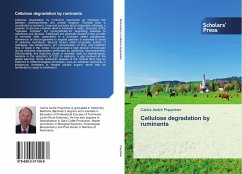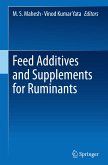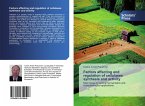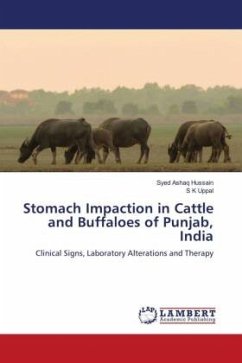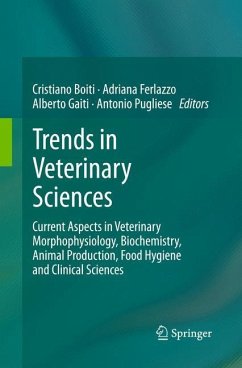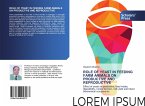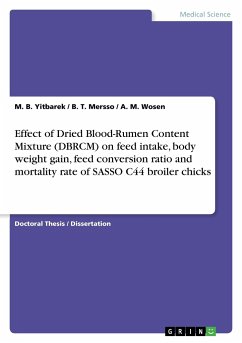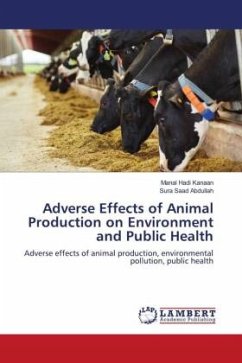Cellulose degradation by ruminants represents an important link between photosynthesis and animal kingdom. Ruminal flora is constituted by bacteria, fungi and protozoa which degradate cellulose, a polymer of glucose moieties what is insoluble in water. Enzymes of the "cellulase complex" act synergistically for degrading cellulose to cellobiose and glucose. Cellulases are generally located in the out side of microbial cells, assembled in a structure called cellulosome. Adherence of microorganisms to vegetal particles is essential to onset of cellulose hydrolysis. Several factors affect enzymatic activity of cellulases, like temperature, pH, concentration of ions, and retention time of feeds in the rumen. It is generated a high tension of hydrogen during cellulose degradation performed by cellulolytic microorganisms. Unfortunately, this reductive power is normally used by methanogenic bacteria in the reduction of CO2 to methane, a gas involved in the global warming. Some cellulolytic species of the ruminal flora may be explored in biotechnological processes, such as cellulose hydrolysis in exogenous chambers to release soluble sugars, which may be fermented by yeast to bioethanol.
Bitte wählen Sie Ihr Anliegen aus.
Rechnungen
Retourenschein anfordern
Bestellstatus
Storno

